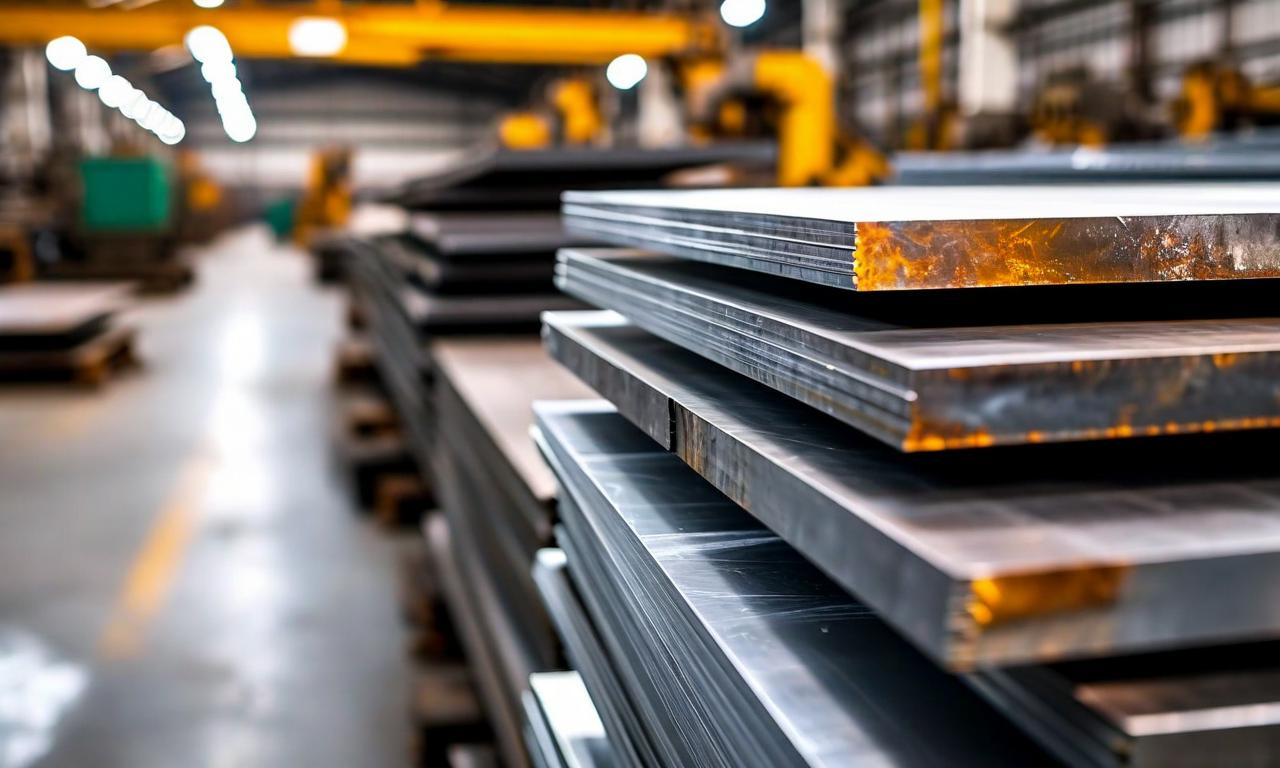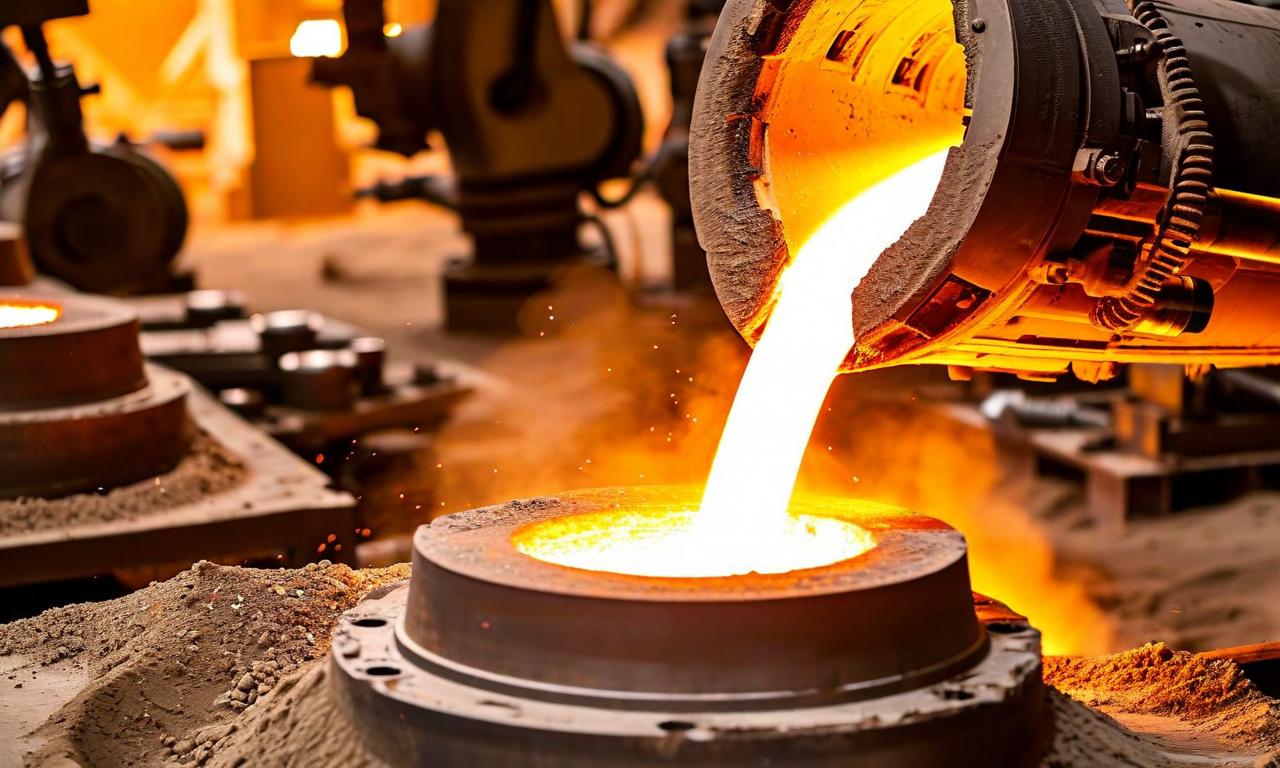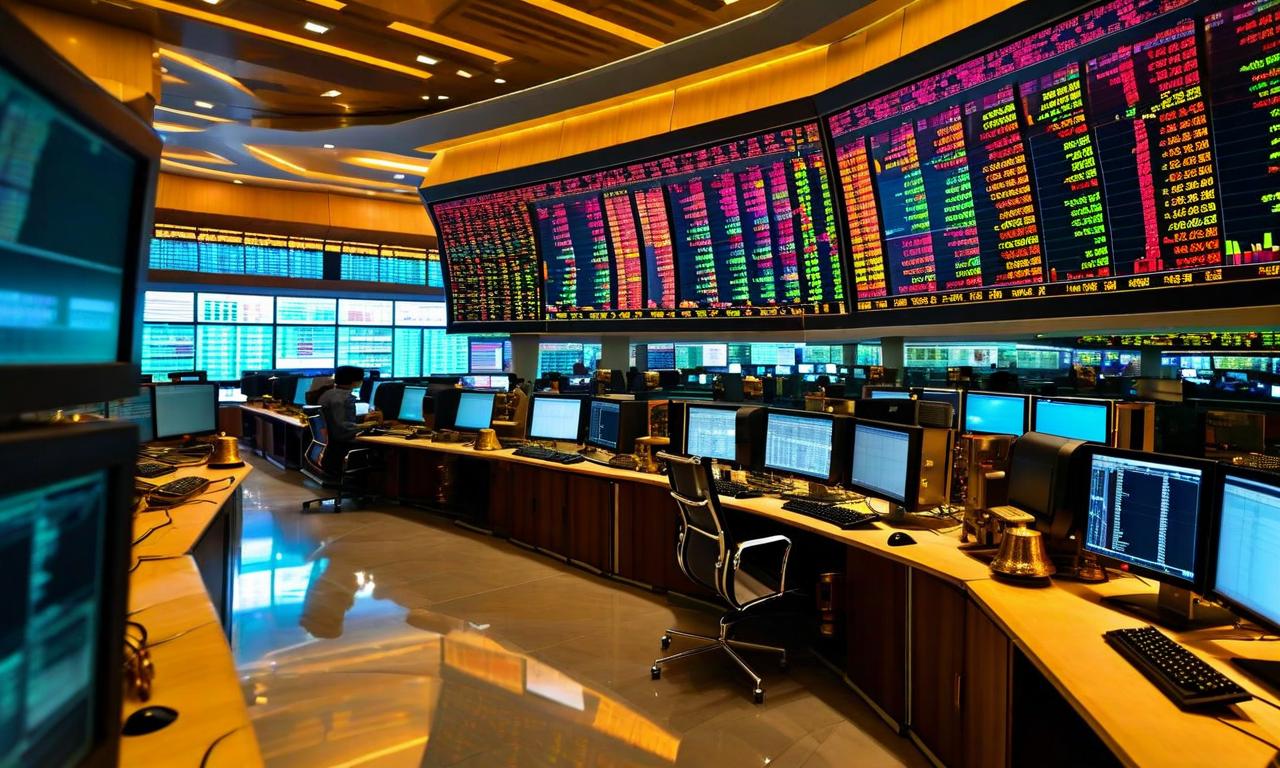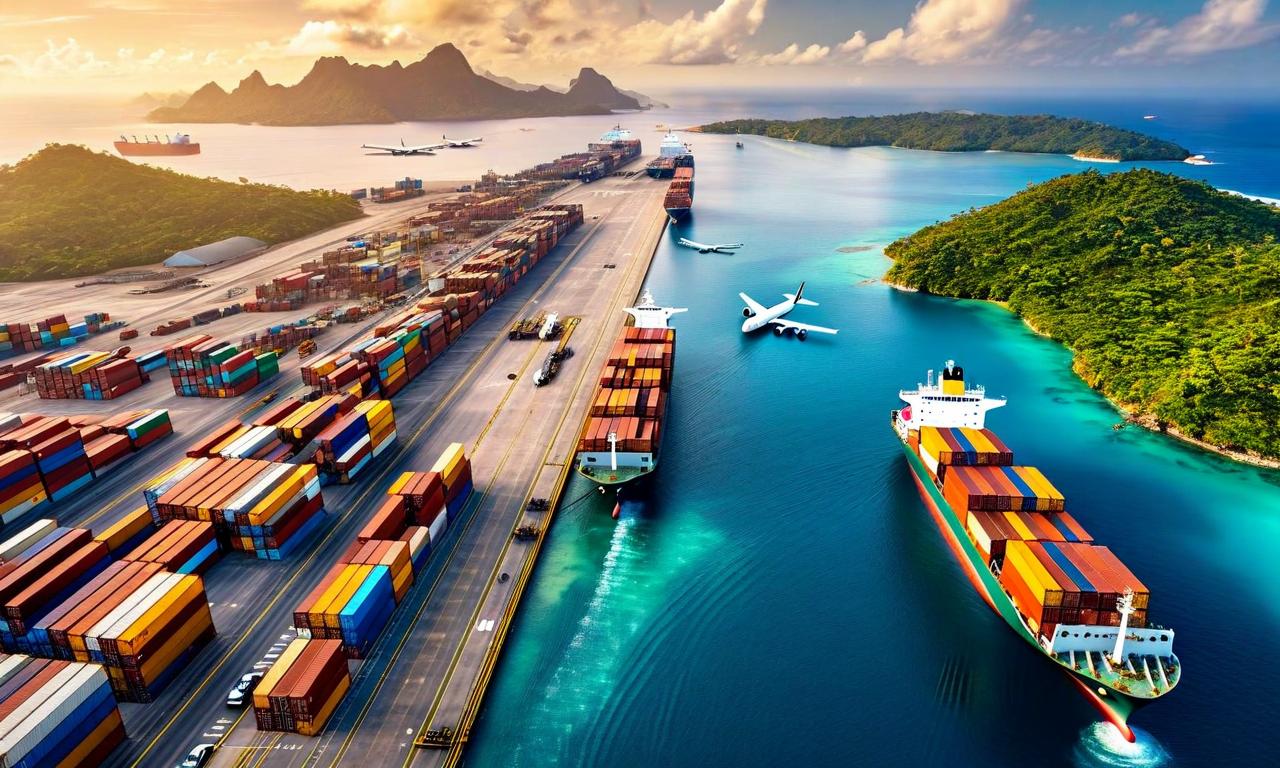Indian Steelmakers Push for Higher Metallurgical Coke Import Limit Amid Supply Concerns
Indian steel producers are urging authorities to increase the import limit for metallurgical coke to 9.3 million metric tonnes due to a critical supply shortage. This shortage threatens steel production, highlighting domestic supply constraints and the industry's growing demands. The request reflects insufficient domestic coke production and potential global market shifts. The government's decision on this matter could significantly impact the steel sector, industrial production, and India's economic growth strategies.
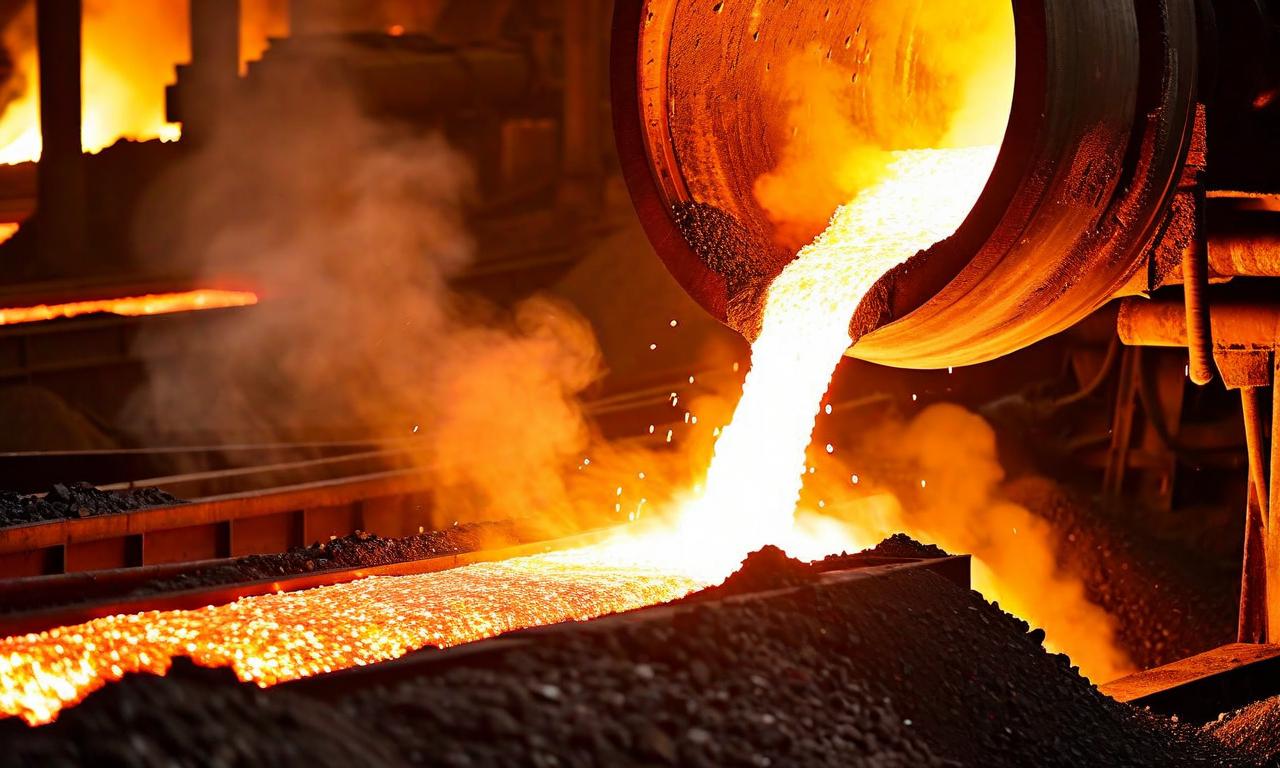
*this image is generated using AI for illustrative purposes only.
In a significant move to address supply chain challenges, Indian steel producers are urging authorities to substantially increase the import limit for metallurgical coke. The industry is seeking to raise the cap to 9.3 million metric tonnes, a request that underscores the critical nature of the current supply situation in the country's steel sector.
Supply Shortage Threatens Production
The call for an increased import limit comes as steelmakers face a pressing shortage of coke, a crucial raw material in steel production. Metallurgical coke, derived from coal, plays a vital role in the iron-making process, serving as both a fuel and a reducing agent in blast furnaces.
Industry insiders warn that without an uptick in imports, the ongoing coke supply crunch could have significant repercussions on steel production. This situation highlights the delicate balance between domestic supply capabilities and the growing demands of India's robust steel industry.
Implications for the Steel Sector
The request for a higher import limit reflects several key issues:
Domestic Supply Constraints: The move suggests that domestic coke production is currently insufficient to meet the needs of India's expanding steel sector.
Production Risks: A potential disruption in coke supply poses a threat to steel output, which could have cascading effects on various industries that rely on steel as a primary input.
Global Market Dynamics: The need for increased imports may also indicate shifts in global coke availability or pricing that make foreign sourcing more attractive or necessary.
Policy Considerations: The government's response to this request will be crucial, balancing the needs of the steel industry against broader economic and trade considerations.
Looking Ahead
As Indian steelmakers await a decision on their request, the situation underscores the ongoing challenges in raw material supply chains for critical industries. The outcome of this appeal could have far-reaching implications not only for the steel sector but also for India's industrial production and economic growth strategies.
Stakeholders across the steel value chain will be closely monitoring developments, as any changes to import policies could influence costs, production capacities, and ultimately, the competitiveness of Indian steel in both domestic and international markets.
